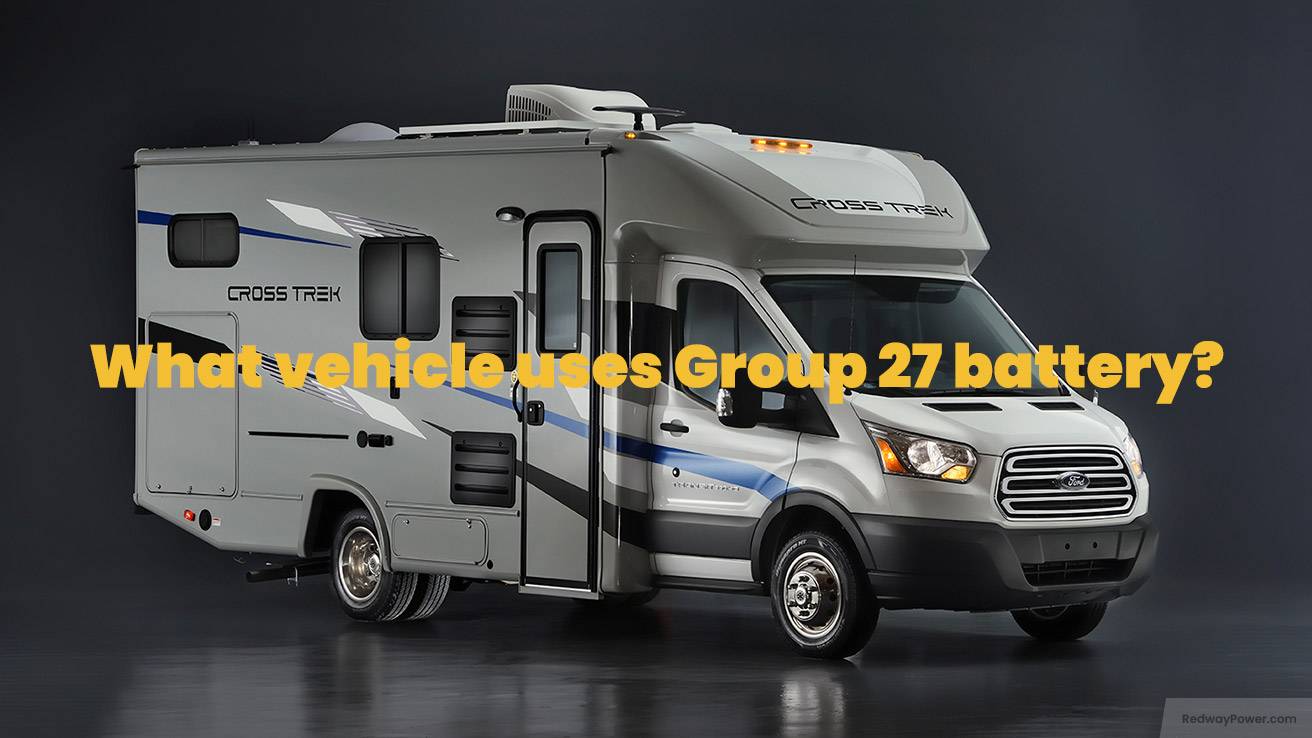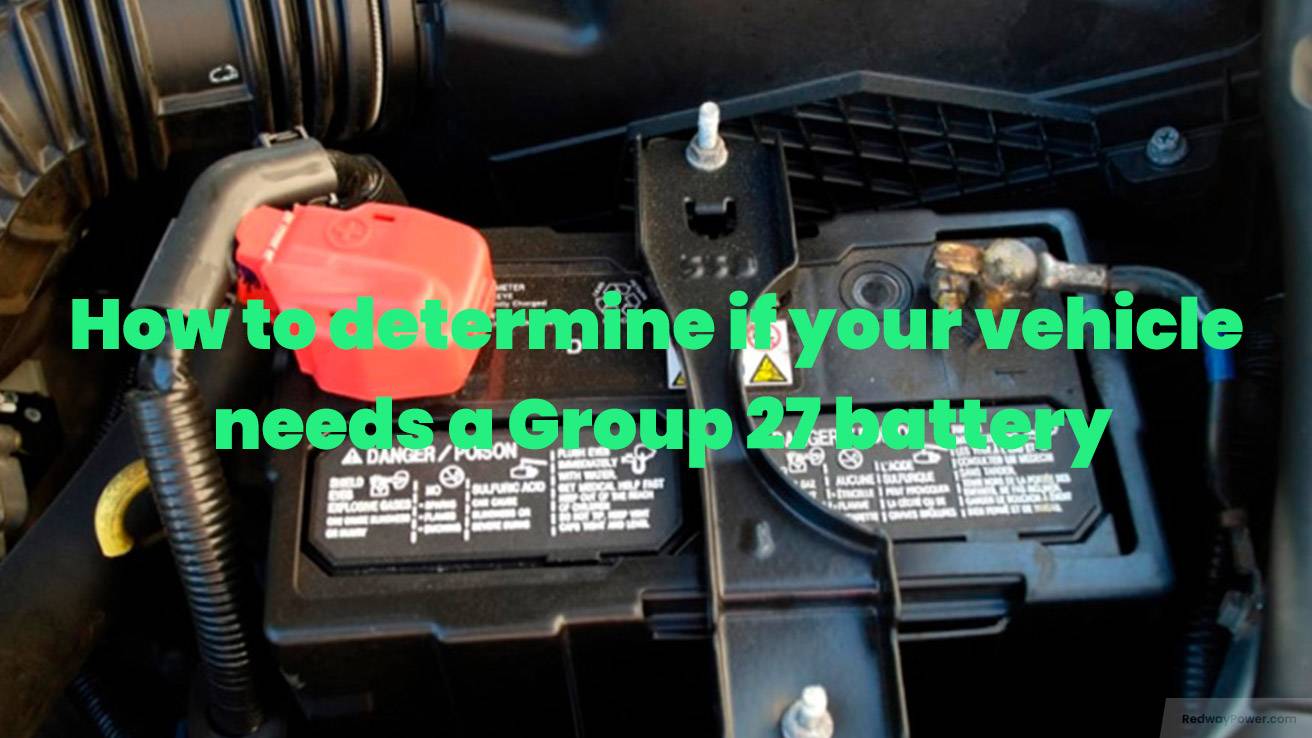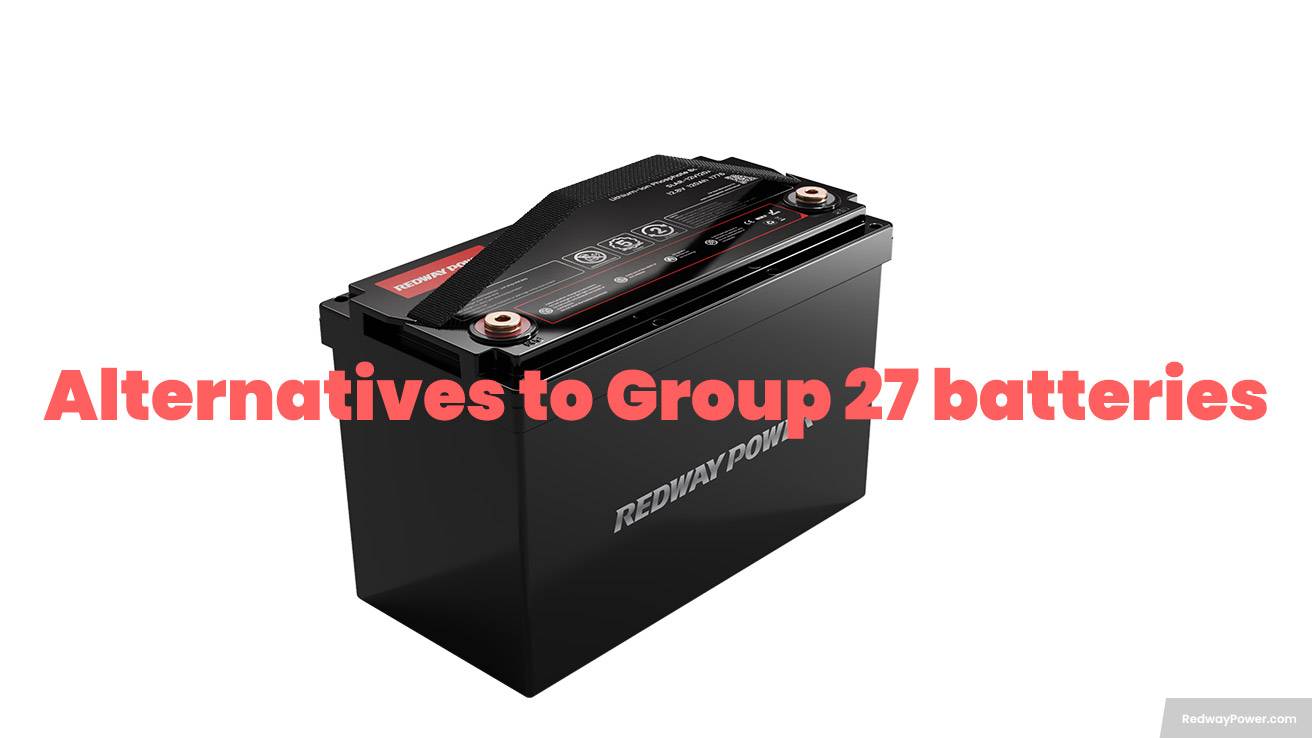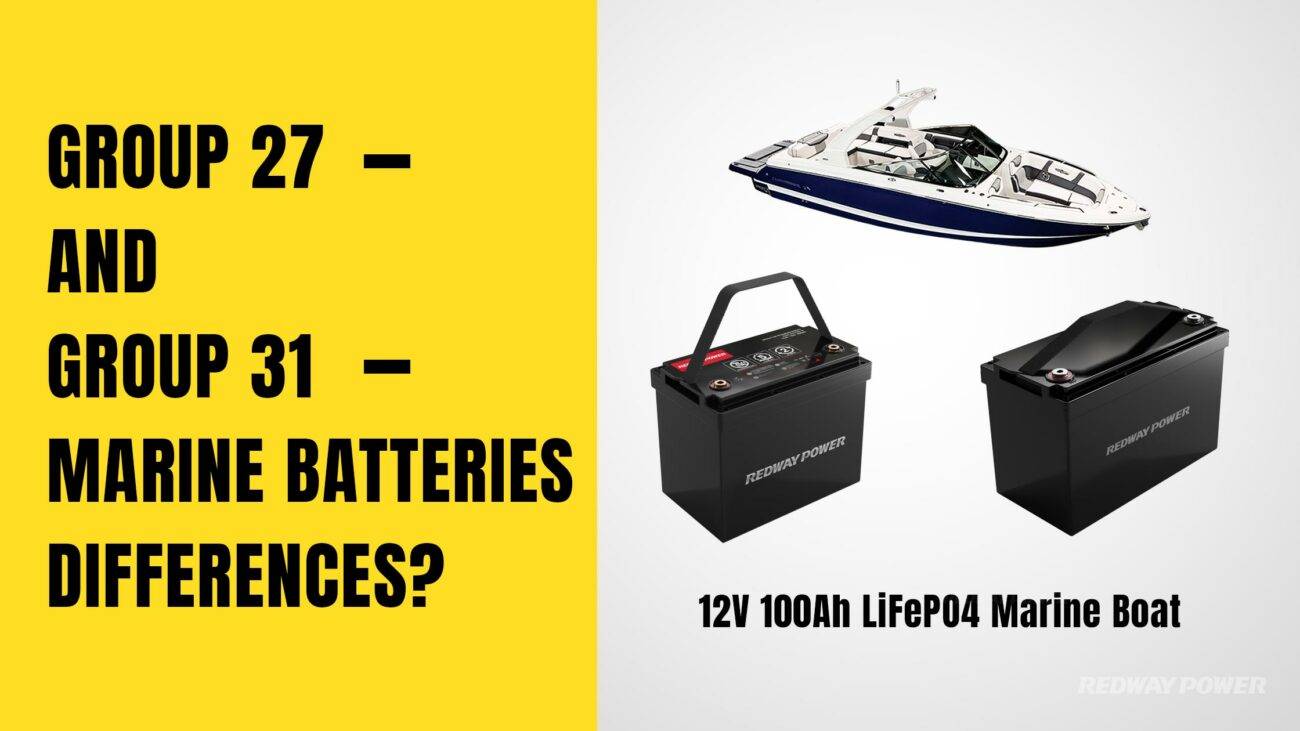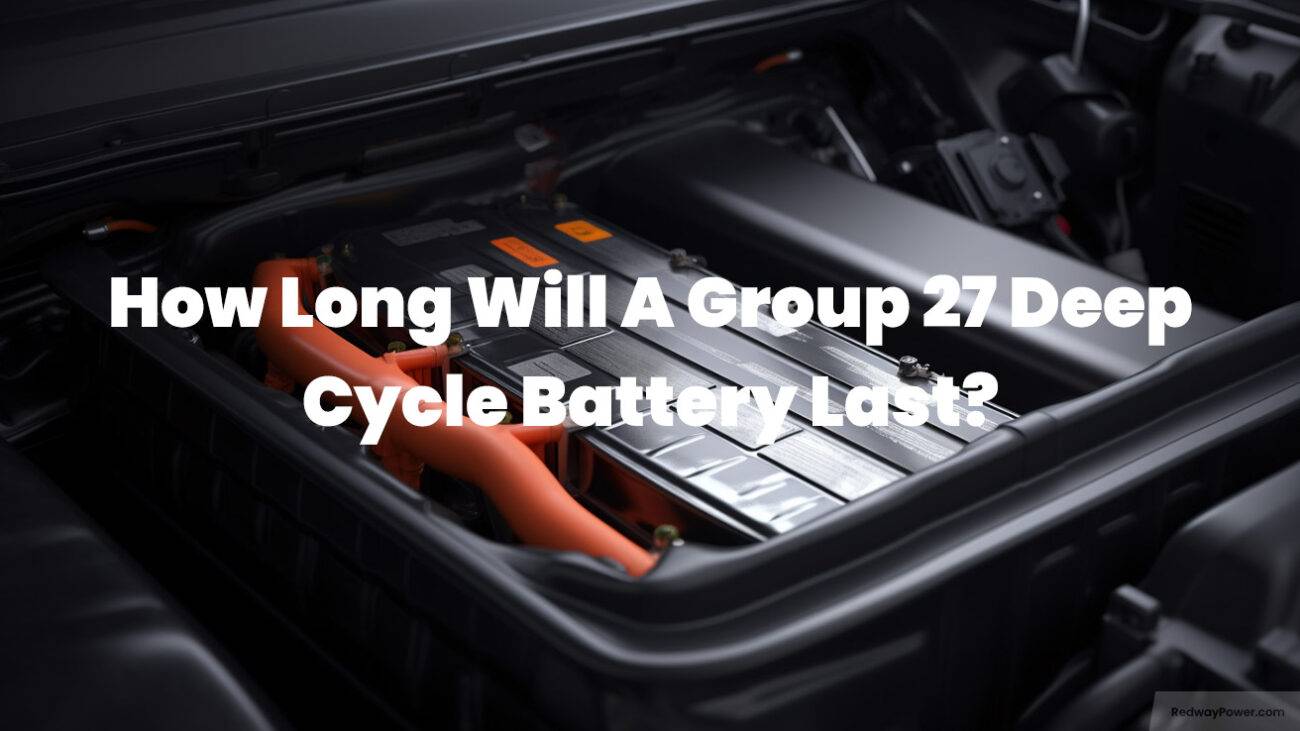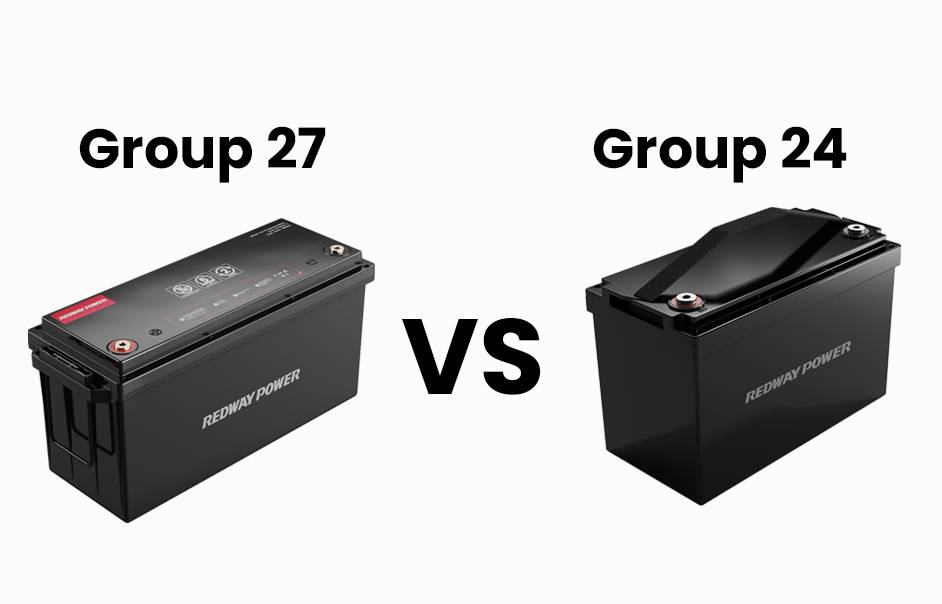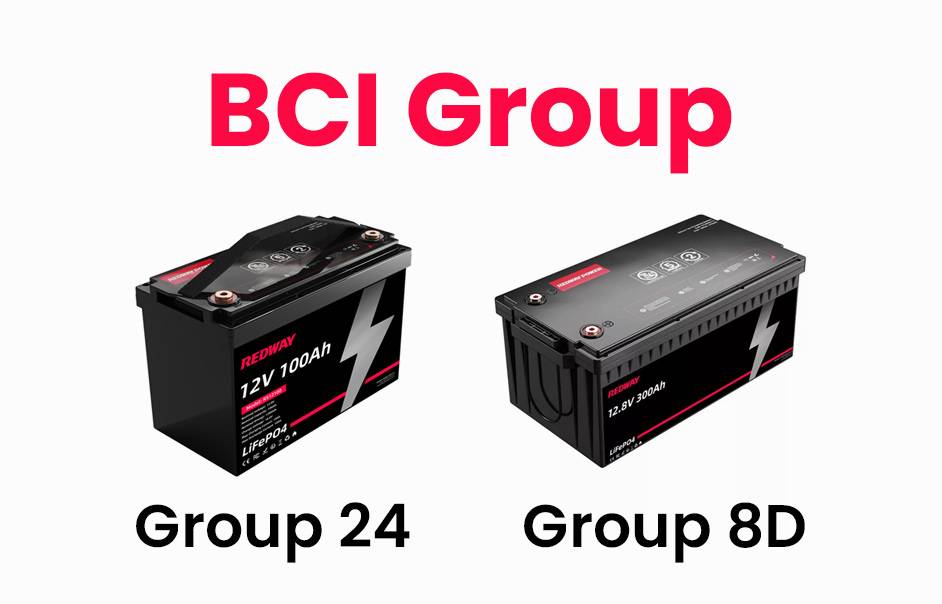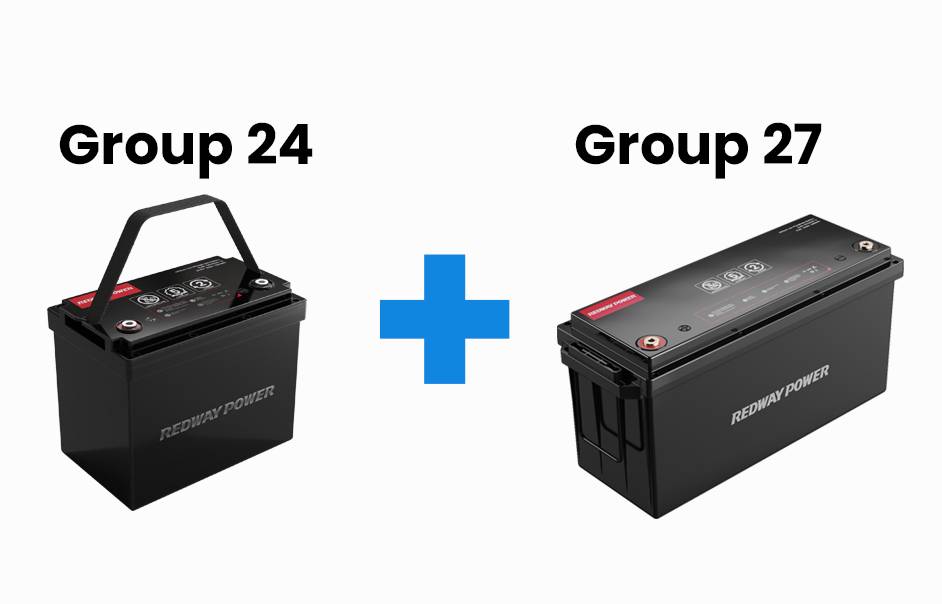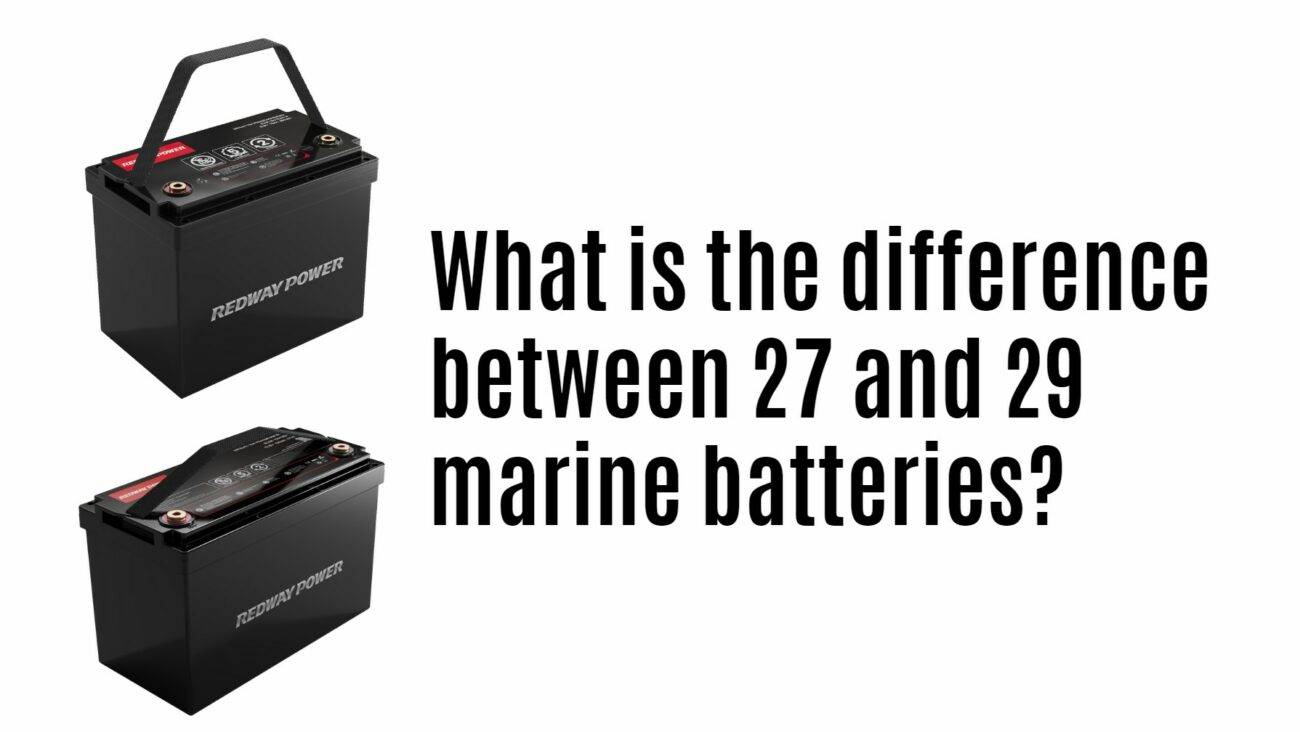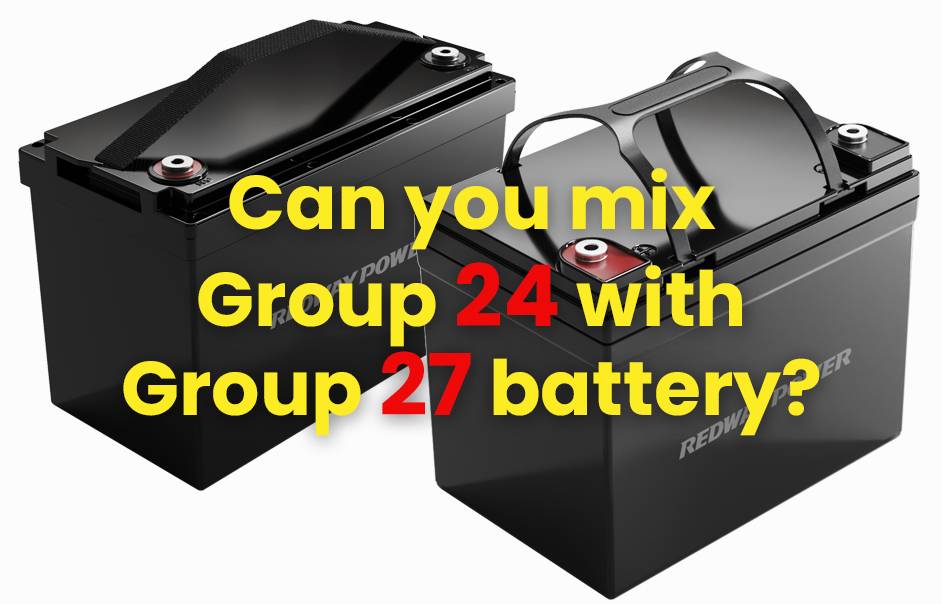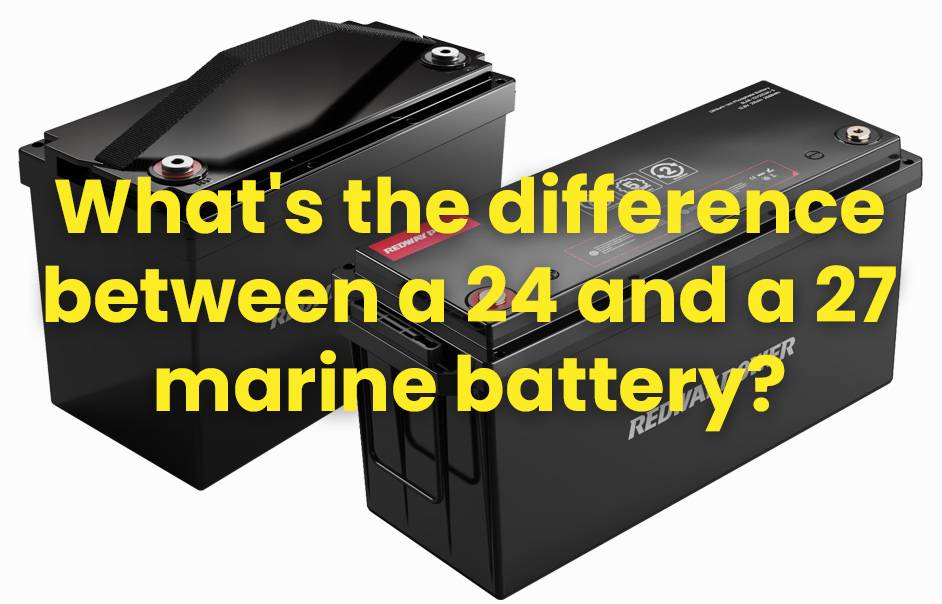Explore the versatility of Group 27 batteries, commonly used in cars, trucks, boats, and RVs. Discover their benefits, learn how to determine if your vehicle needs one, and gain maintenance tips to keep them in top condition. This blog post delves into the world of Group 27 batteries, providing insights into their power and suitability for various applications, empowering you with essential knowledge for your vehicle.
Table of Contents
ToggleTypes of vehicles that use Group 27 batteries
How to inquire about battery compatibility or more info? To determine battery compatibility, check the model number of your device or consult the owner’s manual. For laptops, the model number can be found on the case or in the Control Panel. Car batteries can be matched by identifying the BCI Group Size. User manuals and product websites may also provide valuable information on battery compatibility.
-
Laptop batteries: To determine battery compatibility for laptops, you can check the model number. This information can usually be found on the laptop’s case or in the Control Panel. By matching the model number, you can ensure that you select a compatible battery for your specific laptop model.
-
Car batteries: If you need to find out which car battery fits your vehicle, refer to the owner’s manual for guidance. In case the manual is not available, you can examine the existing battery and look for the BCI Group Size label. This size specification helps identify the appropriate battery for your car.
-
Other devices: When inquiring about battery compatibility for other devices, such as smartphones or tablets, it is recommended to consult the user manual or visit the product website. These resources often provide detailed information on compatible battery models and any specific requirements.
Popular applications for Group 27 batteries
What are some popular applications for Group 27 batteries? Group 27 batteries are versatile and find their place in various applications, including:
- Off-grid scenarios: They are commonly used in off-grid systems for solar and wind energy storage.
- RVs: Group 27 batteries are a popular choice for powering onboard systems in recreational vehicles.
- Automotive: They are used in cars, trucks, and other vehicles that require reliable starting power.
- Marine: Group 27 batteries are commonly used in boats and other marine applications.
Benefits of using a Group 27 battery
What are the benefits of using a Group 27 battery? Group 27 batteries are revered for their versatility and resilience, making them a popular choice for a wide array of vehicles requiring substantial power outputs. These batteries are commonly found powering trucks, SUVs, RVs, and other larger vehicles that demand reliable starting power and extended battery life.
-
Versatility: Group 27 batteries are known for their versatility, making them suitable for a wide range of applications. Whether it’s powering trucks, SUVs, RVs, or other larger vehicles, Group 27 batteries can handle the demands of these power-hungry machines.
-
Resilience: These batteries are designed to withstand harsh conditions and provide reliable starting power. Their construction ensures durability and longevity, making them a reliable choice for demanding environments.
-
Extended Battery Life: Group 27 batteries often have a higher capacity, allowing them to provide more power and last longer compared to other battery groups. This extended battery life is beneficial, especially in situations where a consistent and reliable power source is required.
How to determine if your vehicle needs a Group 27 battery
Evaluate your vehicle’s size and power requirements. Group 27 batteries are suitable for larger vehicles like trucks and RVs due to their higher capacity and ability to handle heavy electrical loads. Consider the size of your battery compartment and the power demands of your vehicle to determine if a Group 27 battery is the right fit.
-
Size Evaluation: Check the size of your vehicle’s battery compartment. Group 27 batteries are larger in size compared to other battery groups. Ensure that the dimensions of the Group 27 battery align with the available space in your vehicle’s battery compartment.
-
Power Requirements: Consider the power demands of your vehicle. Group 27 batteries are known for their higher capacity and ability to handle heavy electrical loads. If your vehicle has significant power requirements, such as for trucks or RVs, a Group 27 battery can provide the necessary power output.
-
Compatibility Check: Consult your vehicle’s manual or seek professional advice to verify if a Group 27 battery is compatible with your specific vehicle model. They can provide insights into the recommended battery size and specifications for optimal performance.
Maintenance tips for Group 27 batteries
What are some maintenance tips for Group 27 batteries? To maintain the performance and longevity of your Group 27 battery, follow these tips:
- Clean the battery terminals and cables to remove corrosion.
- Keep the battery clean and free from dust, dirt, and grime.
- Check and maintain the electrolyte levels, adding distilled water if necessary.
- Follow the manufacturer’s instructions for charging the battery.
Alternatives to Group 27 batteries
Group 24 batteries are commonly used as alternatives to Group 27 batteries in RVs, boats, and other systems. They offer similar size and compatibility. Another alternative is Group 31 batteries, which provide higher capacity and performance but are larger and heavier. Consider the specific requirements and compatibility with the system when choosing an alternative battery size.
-
Group 24 Batteries: Group 24 batteries are a popular alternative to Group 27 batteries. They are similar in size and find common usage in RVs, boats, and other systems. These batteries offer compatibility and can provide reliable power for various applications.
-
Group 31 Batteries: Another alternative is Group 31 batteries. These batteries offer higher capacity and better performance in certain applications. However, they are larger and heavier compared to Group 27 batteries. It’s important to consider the size and weight constraints of the system when opting for Group 31 batteries.
FAQs
How to find a hard-to-match battery with Battery Finder?
To find a battery that is difficult to match, utilize a Battery Finder tool available on websites like Advance Auto Parts. These tools consider your vehicle’s make, model, and driving habits to recommend the appropriate battery. By using a Battery Finder tool, you can ensure that you find the right battery for your specific requirements.
-
Utilize a Battery Finder tool: Battery Finder tools, such as the one offered by Advance Auto Parts, are designed to assist in finding the perfect battery for your vehicle. These tools take into account important factors like your vehicle’s make, model, and driving habits to recommend the most suitable battery.
-
Input relevant information: To use a Battery Finder tool, you will typically need to provide details about your vehicle, such as the make and model. Additionally, some tools may ask for information about your driving patterns, such as the average mileage or the type of terrain you frequently encounter.
-
Receive personalized recommendations: Once you input the necessary information, the Battery Finder tool will generate personalized recommendations for batteries that match your specific requirements. These recommendations consider factors like battery size, type, and performance capabilities.
How to inquire about battery compatibility or more info?
To determine battery compatibility, check the model number of your device or consult the owner’s manual. For laptops, the model number can be found on the case or in the Control Panel. Car batteries can be matched by identifying the BCI Group Size. User manuals and product websites may also provide valuable information on battery compatibility.
-
Laptop batteries: To determine battery compatibility for laptops, you can check the model number. This information can usually be found on the laptop’s case or in the Control Panel. By matching the model number, you can ensure that you select a compatible battery for your specific laptop model.
-
Car batteries: If you need to find out which car battery fits your vehicle, refer to the owner’s manual for guidance. In case the manual is not available, you can examine the existing battery and look for the BCI Group Size label. This size specification helps identify the appropriate battery for your car.
-
Other devices: When inquiring about battery compatibility for other devices, such as smartphones or tablets, it is recommended to consult the user manual or visit the product website. These resources often provide detailed information on compatible battery models and any specific requirements.
Where are BCI Group 27 batteries commonly used?
Group 27 batteries are commonly used in off-grid scenarios, RVs, automotive, marine, and related applications. They provide reliable power in situations where grid access is limited, making them ideal for off-grid living or camping. In RVs, Group 27 batteries ensure a steady power supply for onboard systems. Additionally, they are widely utilized in the marine industry to power boat engines and other marine equipment.
-
Off-grid scenarios: Group 27 batteries are commonly employed in off-grid scenarios where access to the electrical grid is limited. These batteries provide a reliable power source for off-grid living, remote cabins, or camping adventures, ensuring a continuous power supply for essential appliances and devices.
-
RVs (Recreational Vehicles): Group 27 batteries play a crucial role in RVs, providing power for lighting, appliances, and other onboard systems. With their capacity and durability, Group 27 batteries ensure a steady power supply, allowing RV enthusiasts to enjoy a comfortable and convenient travel experience.
-
Automotive and marine applications: Group 27 batteries are widely utilized in the automotive industry, particularly in marine applications. These batteries power boat engines, electrical systems, and various marine equipment, ensuring reliable performance and safety on the water.
What cars do batteries like 65, 75/78, 24/24F fit?
What cars do batteries like 65, 75/78, 24/24F fit? Batteries like 65, 75/78, and 24/24F are commonly found in a range of car models. These battery sizes are often seen in popular car brands such as Acura, Honda, Infiniti, Lexus, Nissan, Toyota, Ford, Lincoln, Mercury, GM, Chrysler, and Dodge. However, it is essential to refer to the manufacturer’s specifications or consult with a professional to ensure the correct battery fitment for a specific car model.
-
Battery Size 65: This battery size is commonly used in car models from Ford, Lincoln, Mercury, and other manufacturers. It is important to check the specific car’s battery requirements to ensure compatibility.
-
Battery Size 75/78: Car models from GM, Chrysler, Dodge, and other brands often utilize batteries in this size range. When replacing a battery, it is crucial to consider the original battery size and consult the manufacturer’s specifications.
-
Battery Size 24/24F: Popular car brands like Lexus, Honda, Infiniti, and others often use batteries in this size category. However, it is recommended to verify the exact battery size required for a specific car model to ensure a proper fit.
What are the dimensions of battery groups 24, 27, and 31?
Battery group 24 typically measures around 10.25 inches in length and 6.81 inches in width. Group 27 batteries are approximately 12.06 inches long and 6.81 inches wide. Group 31 batteries have dimensions of about 13.00 inches in length and 6.72 inches in width. These dimensions may vary slightly depending on the manufacturer and specific battery model.
-
Battery Group 24: This battery group typically measures around 10.25 inches in length and 6.81 inches in width. It is a standard size commonly seen in various vehicles and backup power systems.
-
Battery Group 27: Group 27 batteries are slightly larger, with dimensions of approximately 12.06 inches in length and 6.81 inches in width. They are commonly used in a wide range of applications, including automotive, marine, and off-grid power systems.
-
Battery Group 31: Group 31 batteries are larger than Group 24 and Group 27. They have dimensions of approximately 13.00 inches in length and 6.72 inches in width. These batteries are often utilized in heavy-duty applications, such as commercial vehicles, RVs, and marine applications.
Post Views: 399

